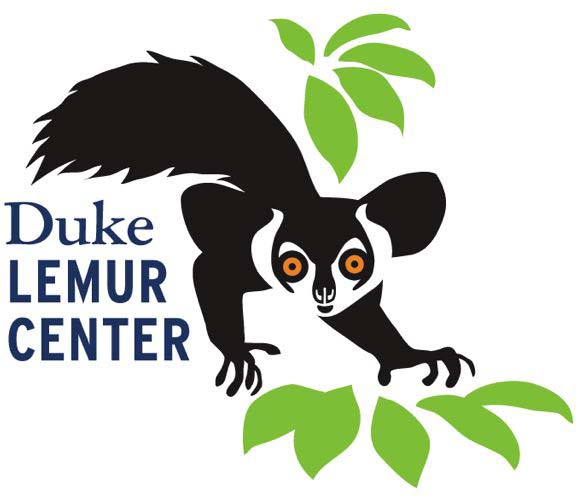Like humans, mouse lemurs sometimes develop amyloid brain plaques and other Alzheimer’s-like symptoms as they age. Because mouse lemurs are primates, they are a closer genetic match to humans than mice or rats are. The Duke Lemur Center’s non-invasive research on these tiny primate cousins could help explain the initial stages of Alzheimer’s and other […]

